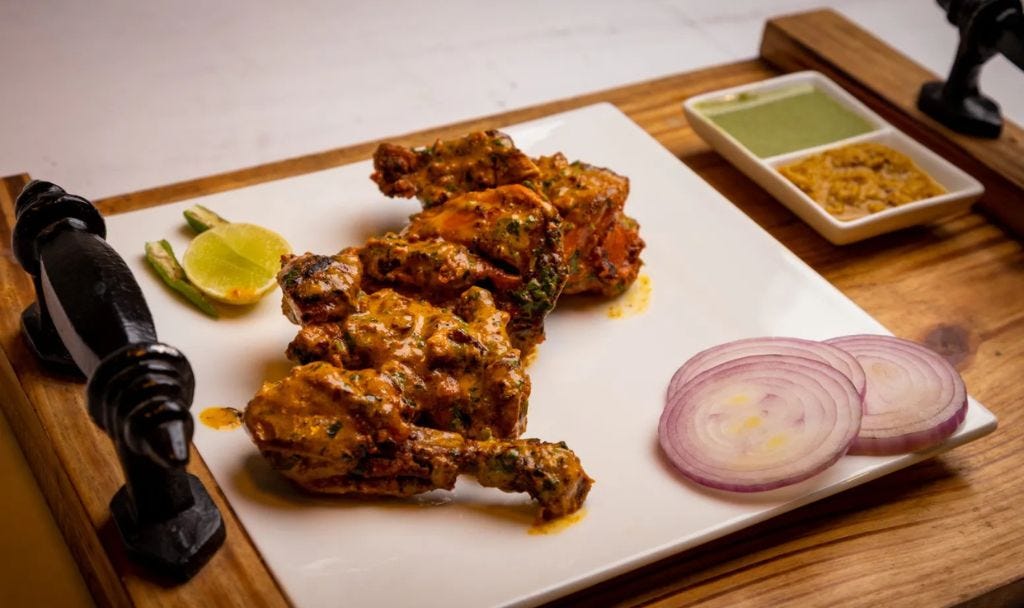Is meat-eating really un-Hindu and un-Indian?
Ayurveda provides insights on meat consumption in ancient India, challenging the belief that Hinduism is inherently vegetarian
During the Lok Sabha elections, Prime Minister Narendra Modi, in his election rally in Udhampur, described meat-eating as going against Indian culture. A few months before that, Congress leader Rahul Gandhi went to the house of RJD president Lalu Prasad Yadav. There he cooked and ate mutton with Lalu Yadav and his daughter Misa Bharti and even got it packed for his sister Priyanka Gandhi. He also shared this cooking-eating on YouTube. In this context and the election atmosphere, without directly naming anyone, Prime Minister Narendra Modi said that the leaders of the Congress and the "India" alliance "enjoy cooking mutton in the month of 'Sawan' and not only that, they make videos of it and try to provoke the people of the country." He further said that "this is their (opposition leaders') 'Mughaliya' thinking, going beyond appeasement."
If you search for "non-veg food controversy" on Google, you'll likely find news of a related dispute in India almost every other month. These range from cases of restaurants mistakenly serving non-vegetarian dishes to customers who ordered vegetarian meals, to the outrage of some lawyers in the Supreme Court over the availability of non-vegetarian food during Navratri. In 2022, violence even broke out between student groups at Jawaharlal Nehru University (JNU) over this issue. Late last year, a controversy arose at the Kannada Literary Conference in Karnataka regarding non-vegetarian food.
Numerous such examples can be easily found, demonstrating that the debate surrounding vegetarian versus non-vegetarian food is not only nationwide but has also been ongoing in various forms for a long time. However, in recent years, this debate has taken a new turn, with dietary choices, clothing, and modes of worship increasingly becoming tools for political maneuvering rather than simply matters of personal preference.


